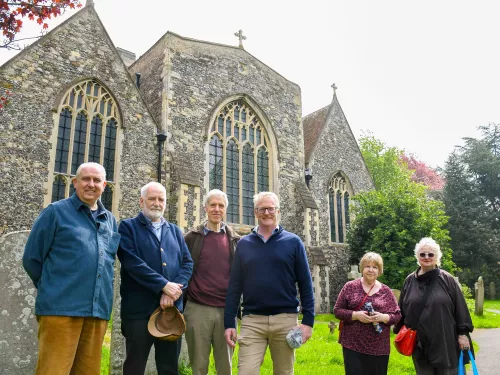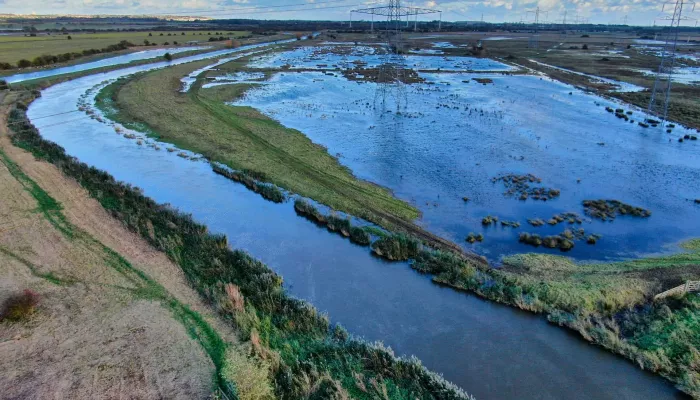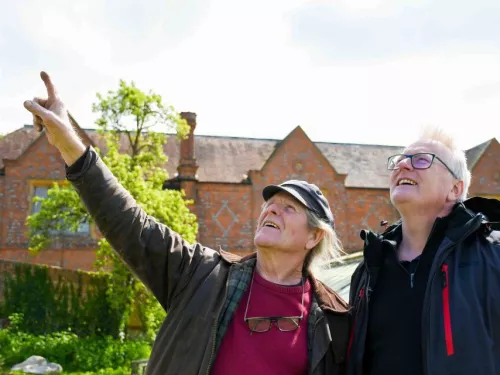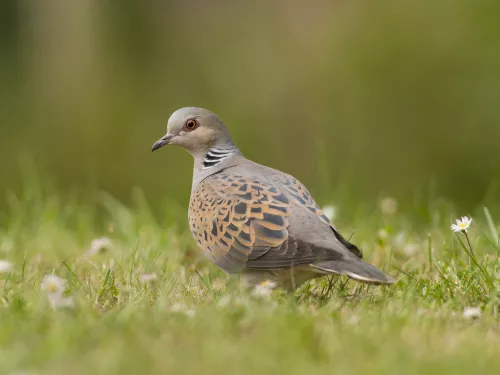
Rewilding a churchyard in Sandwich
A run down and overgrown medieval churchyard in Sandwich has been restored to a beautiful wildlife haven by a group of local volunteers who live locally and are part of the congregation at the church. In this amazing story, you'll hear from the people who…



